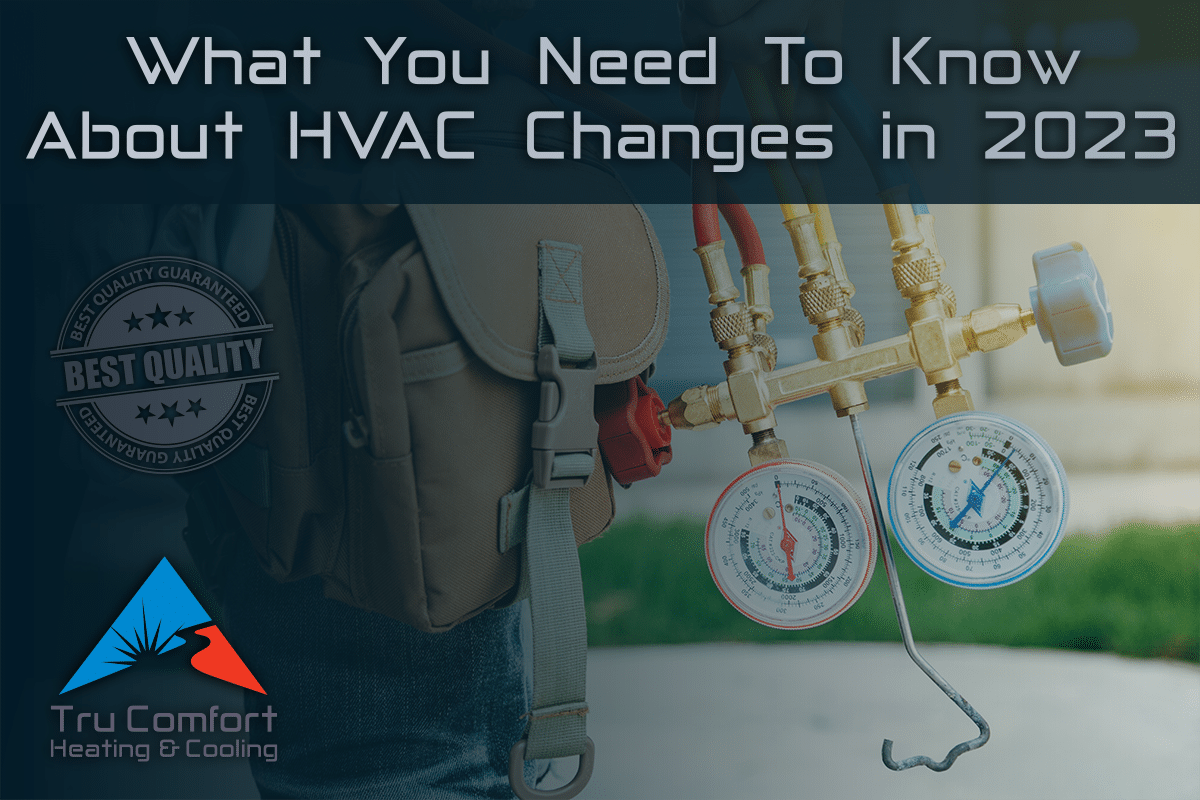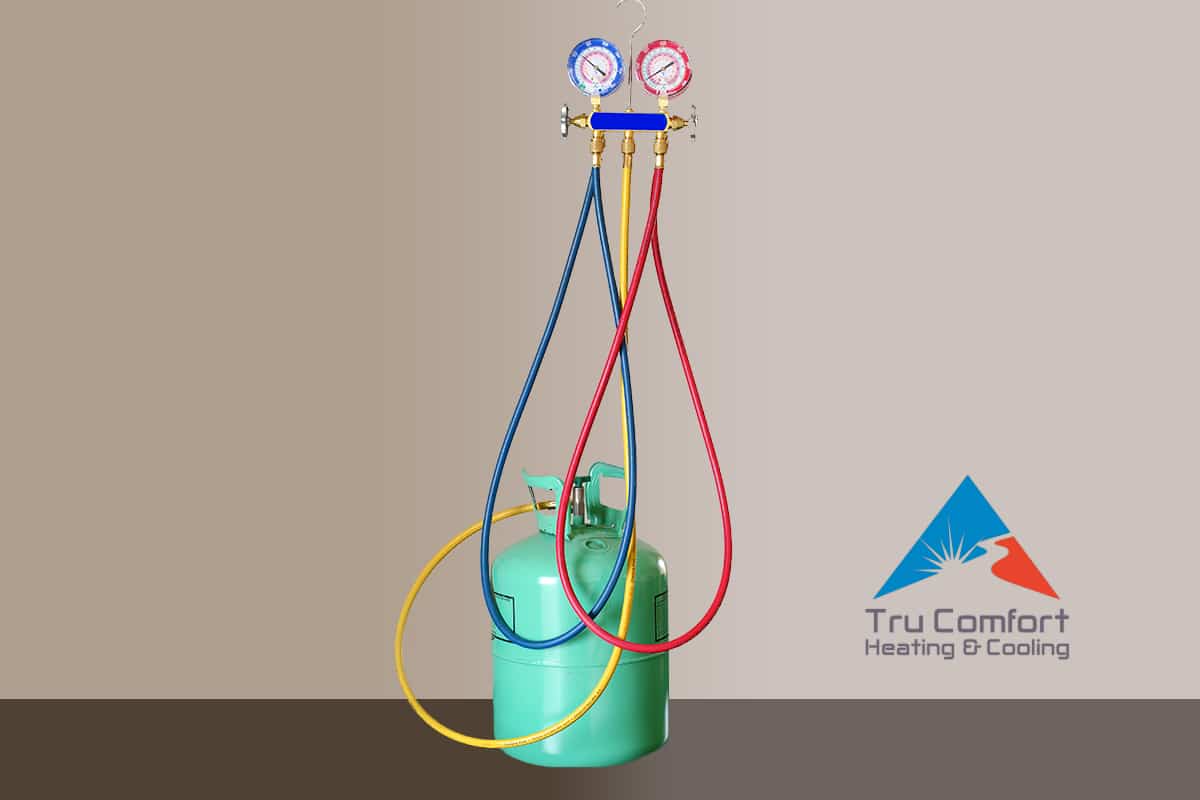
With every new year comes new advancements in HVAC technology and standards, and 2023 is no different. Heat pumps and central air conditioners, especially, will see major upgrades in the coming year. Keep reading to learn what else is changing and what it means for you as a property owner.
What’s Changing With HVAC Efficiency?
As previously stated, the most significant HVAC changes in 2023 revolve around heat pumps and central air conditioners. One of the biggest changes is the U.S. Department of Energy’s (DOE) increase for minimum efficiency standards. Starting Jan. 1, 2023, all units manufactured and sold in Arizona will need to have a minimum 15 SEER rating. That means residents and business owners purchasing units manufactured prior to that date must have the systems bought and installed before Dec. 31, 2022, as all units purchased and installed after this date will be subject to the new efficiency standards.
Revolutionary New Refrigerants Headed Your Way
Another big HVAC change happening in 2023 involves the substantial progress to the U.S. Environmental Protection Agency’s (EPA) plan to gradually phase out R-410a, a highly controversial hydrofluorocarbon (HFC) refrigerant criticized for its negative environmental impact. As of 2023, cooling systems will come standard with R-454b refrigerant, and all manufactured air conditioners and heat pumps built starting next year will be compatible with this eco-friendly alternative. This will hopefully have a hugely positive impact on the nation’s contributions to global warming.
Save More In 2023
While upgrading to newer, more efficient HVAC equipment is always an investment, the U.S. Energy Information Administration (EIA) guarantees it will pay off. The efficiency standard increase alone has the potential to save property owners with heat pumps and air conditioners anywhere from $2.5 billion to $12.2 billion in as little as 30 years. That means, if your HVAC system is more than 15 years old, you will actually be paying more money just to hang on to it. Besides, there’s no better time to upgrade your heating and cooling systems!
Tru Comfort Heating and Cooling is the ultimate one-stop shop for all your heating and cooling needs. Our talented technicians will happily stop by your property anytime to offer you insight and guidance regarding your HVAC needs and expectations for the coming year. As the new units begin to roll out, we can discuss your best upgrade options for your residential or commercial property and ease your mind about your installation process. Simply connect with one of our experienced HVAC specialists today to get started by calling (602) 499-7855, or simply fill out the form in the sidebar.
